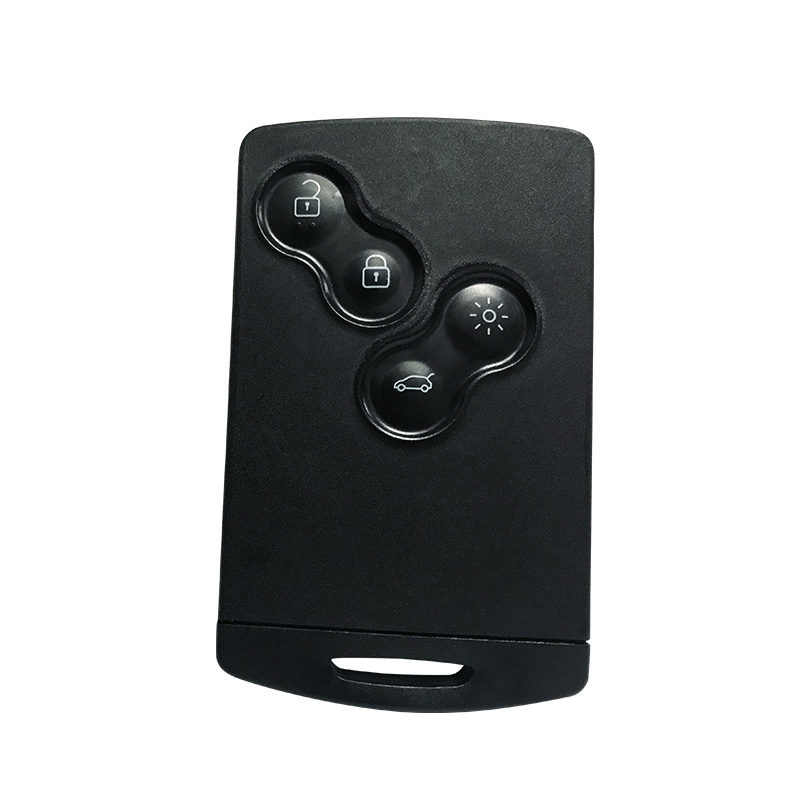If you've recently purchased a replacement car key or remote and found that it doesn't start your vehicle or fails to unlock the doors, you're not alone. One of the most common concerns among vehicle owners and repair shops is:
“The new key isn’t compatible with my car’s anti-theft system.”
As a trusted OEM automotive key manufacturer, we understand how frustrating this can be. In this article, we’ll explain why this issue occurs, how to ensure compatibility, and what solutions are available to avoid costly mistakes.

Understanding Car Key and Immobilizer Compatibility
Modern vehicles are equipped with advanced anti-theft systems—commonly known as immobilizers—that prevent the engine from starting unless the correct transponder chip is recognized. If the key isn’t properly programmed or isn’t compatible with your car’s system, the vehicle may:
These symptoms typically indicate a compatibility issue between the key and your car’s Electronic Control Unit (ECU) or Body Control Module (BCM).
Why Compatibility Problems Happen
There are several reasons your replacement key might not work as expected:
Wrong Frequency or Chip Type
Every vehicle model uses a specific transponder chip and radio frequency. A mismatch—even a small one—can cause the key to fail.
Incomplete Programming
Without proper key programming, the immobilizer system won’t recognize the key—even if the blade or fob physically fits.
Low-Quality or Generic Keys
Non-OEM or poorly made aftermarket keys may lack the necessary components to communicate with your vehicle’s systems.
Model-Year Variations
A key that works for a 2016 model may not be compatible with a 2017 version of the same vehicle, due to system upgrades.
Our OEM-Compatible Keys: Built for Reliability
At U-AUTOKEYS, we take compatibility seriously. All of our keys are designed to meet OEM specifications, ensuring they work seamlessly with your car’s original anti-theft and remote systems.
OEM-grade transponder chips
Correct frequency and ID coding for each vehicle
Detailed compatibility charts by make, model, and year
Technical support for programming and setup
Whether you're a professional technician or a car owner, our keys are tested and verified to ensure smooth operation with most vehicle systems—just like the original.
How to Ensure a Compatible Key Replacement
Here are a few tips to help you avoid common issues:
Check your vehicle’s VIN and year before ordering. Even small differences can affect compatibility.
Buy from trusted OEM suppliers who provide verified key models.
Use proper programming tools—either professional-grade devices or work with a qualified locksmith or shop.
Contact support if you’re unsure about chip type or frequency—we’re here to help.
Final Thoughts: Compatibility Doesn’t Have to Be Complicated
If your new key won’t start the vehicle or fails to unlock it, the issue is likely compatibility-related. But with the right supplier and guidance, it’s easy to avoid these problems.
At U-AUTOKEYS, we provide OEM-quality keys and expert support to ensure your replacement key works—every time.

 Englishen
Englishen











 No.991 Xingxiu Road,Taiwanese Investment Zone, Quanzhou, Fujian Province,P.R.China
No.991 Xingxiu Road,Taiwanese Investment Zone, Quanzhou, Fujian Province,P.R.China +86 13960286508
+86 13960286508
 3D Reality Showroom
3D Reality Showroom
